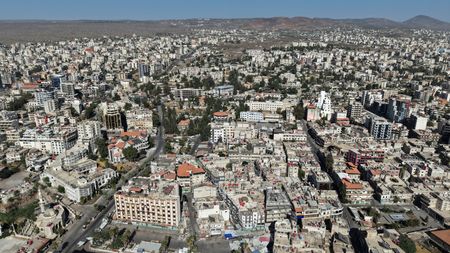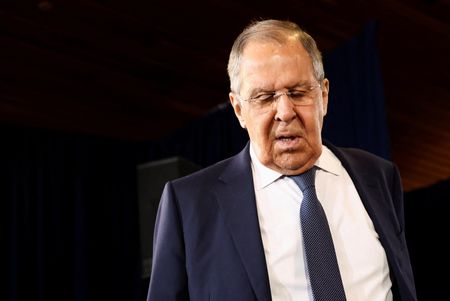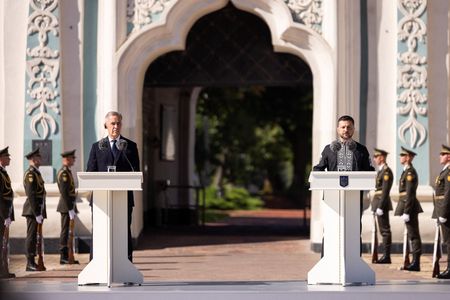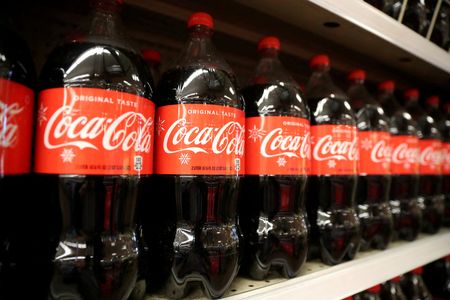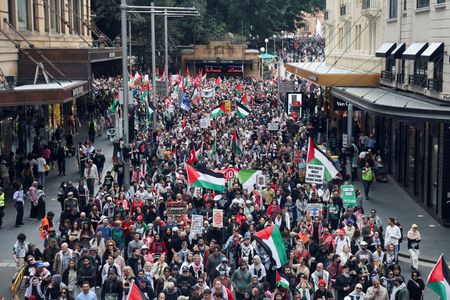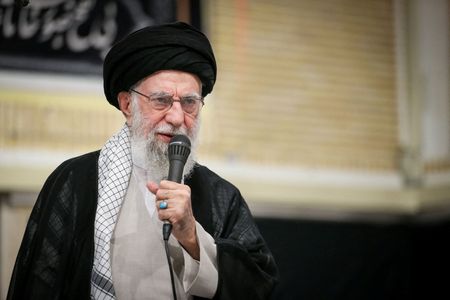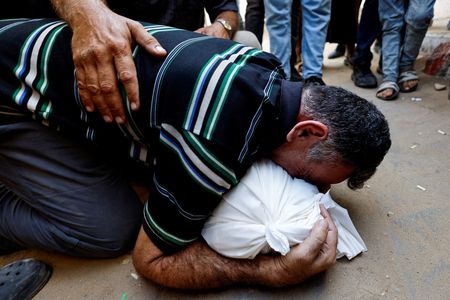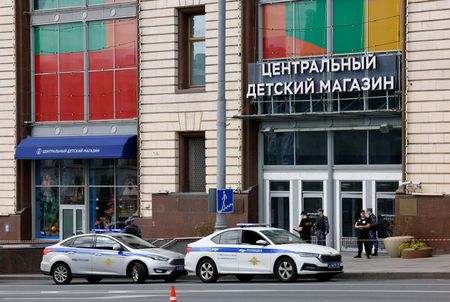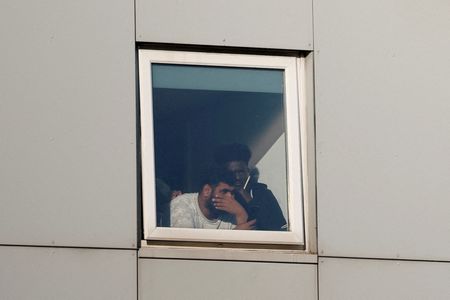(Reuters) -Syria’s first parliamentary election under its new Islamist administration, scheduled for September, will not include the southern province of Sweida and two other provinces due to security concerns, the electoral commission said on Saturday.
Hundreds of people were reported killed in July in clashes in Sweida pitting Druze fighters against Sunni Bedouin tribes, and government forces were sent to the city to quell the unrest.
Israel intervened with airstrikes to prevent what it said were mass killings of Druze by government troops.
The Druze are a minority offshoot of Islam with followers in Syria, Lebanon and Israel. Sweida is predominantly Druze but is also home to Sunni tribes, and there is longstanding tension between the communities over land and other resources.
The main Druze factions that control the province have labelled President Ahmed al-Sharaa’s government as extremist and resisted the deployment of government troops, saying they want to run their own security.
Next month’s ballot will also be delayed in the northern Hasaka and Raqqa provinces – parts of which are mostly controlled by the Kurdish Syrian Democratic Forces – until there is a “safe environment”, state media quoted the electoral commission as saying.
Seats allocated to the three provinces will remain vacant until elections can be held there, a spokesperson for the Higher Committee for People’s Assembly Elections told SANA news agency.
“The elections are a sovereign matter that can only be conducted in areas fully under government control,” he added.
The decision drew criticism from Kurdish authorities.
“These elections are not democratic and do not express the will of the Syrians in any way. They represent nothing but a continuation of the approach of marginalisation and exclusion,” the Democratic Autonomous Administration of North and East Syria said in a statement on Sunday.
It denied that safety was a valid reason to exclude the provinces, saying they were considered safe compared to other areas.
The head of the electoral commission said last month that voting for the 210-member People’s Assembly was due to take place between September 15 and 20.
Sharaa said in February it would take four to five years for the country to be ready to hold a presidential election.
(Reporting by Laila Bassam;Additional reporting by Suleiman All-Khalidi and Jaidaa Taha;Writing by Hatem Maher;Editing by William Maclean and Helen Popper)

